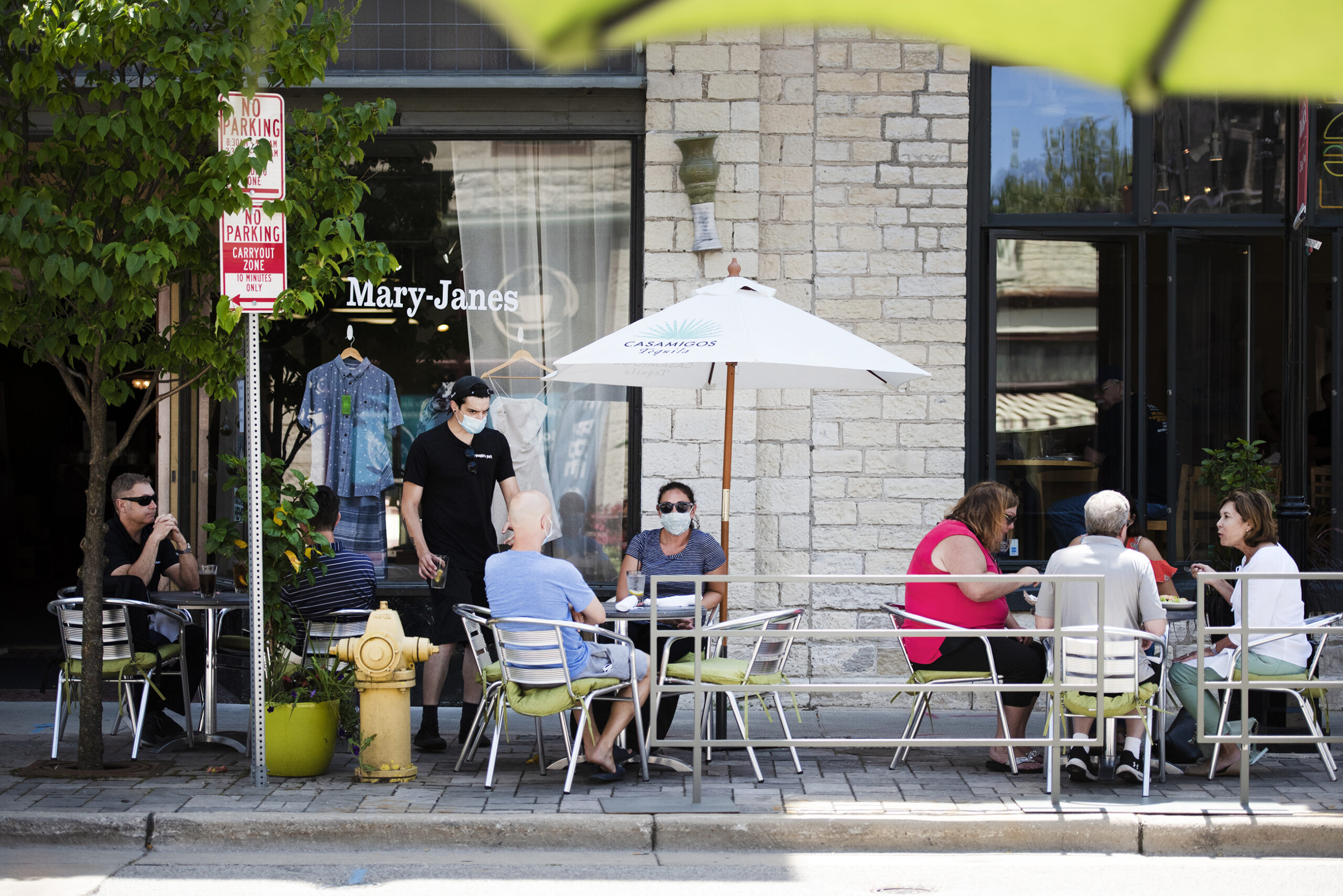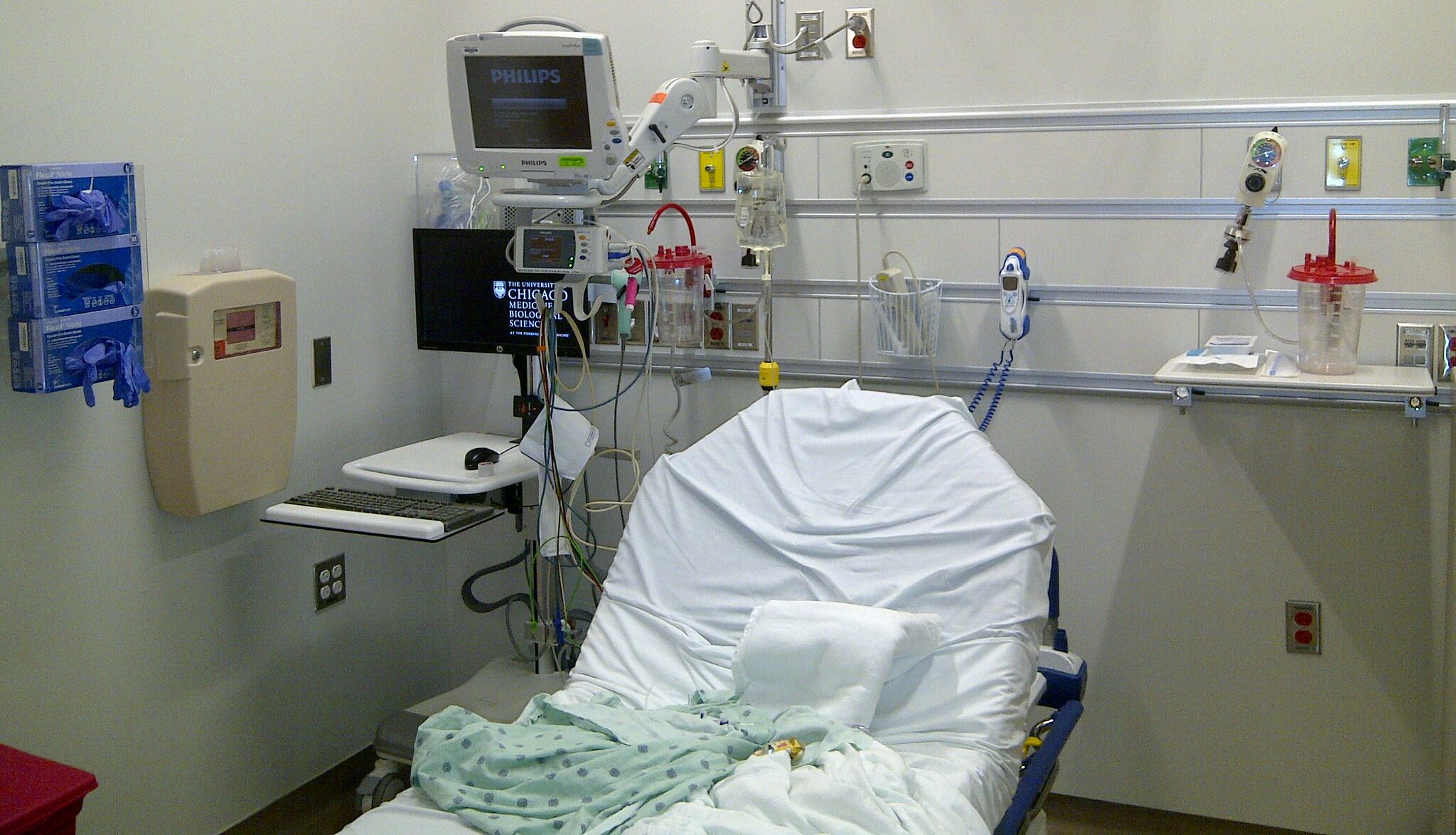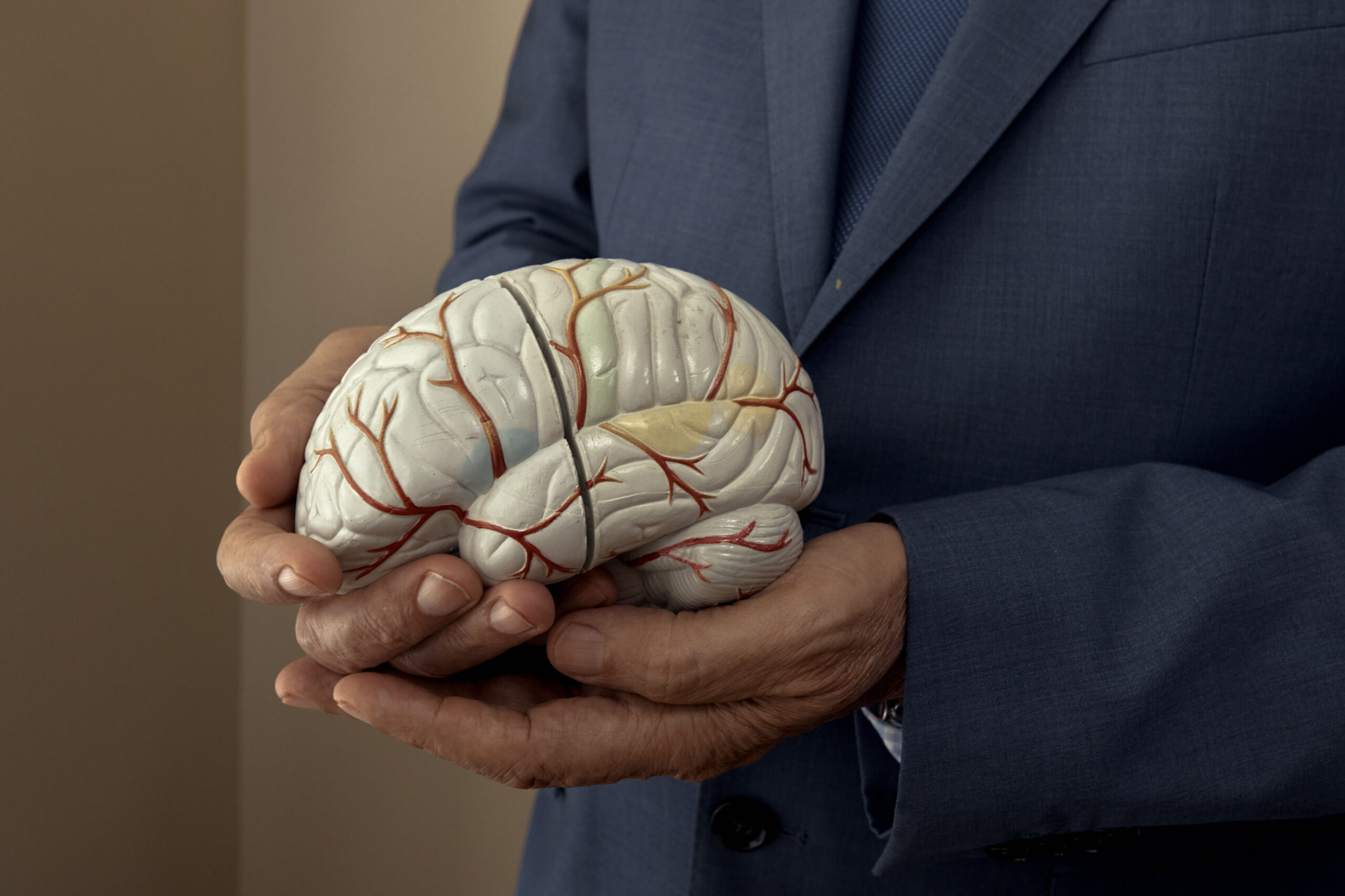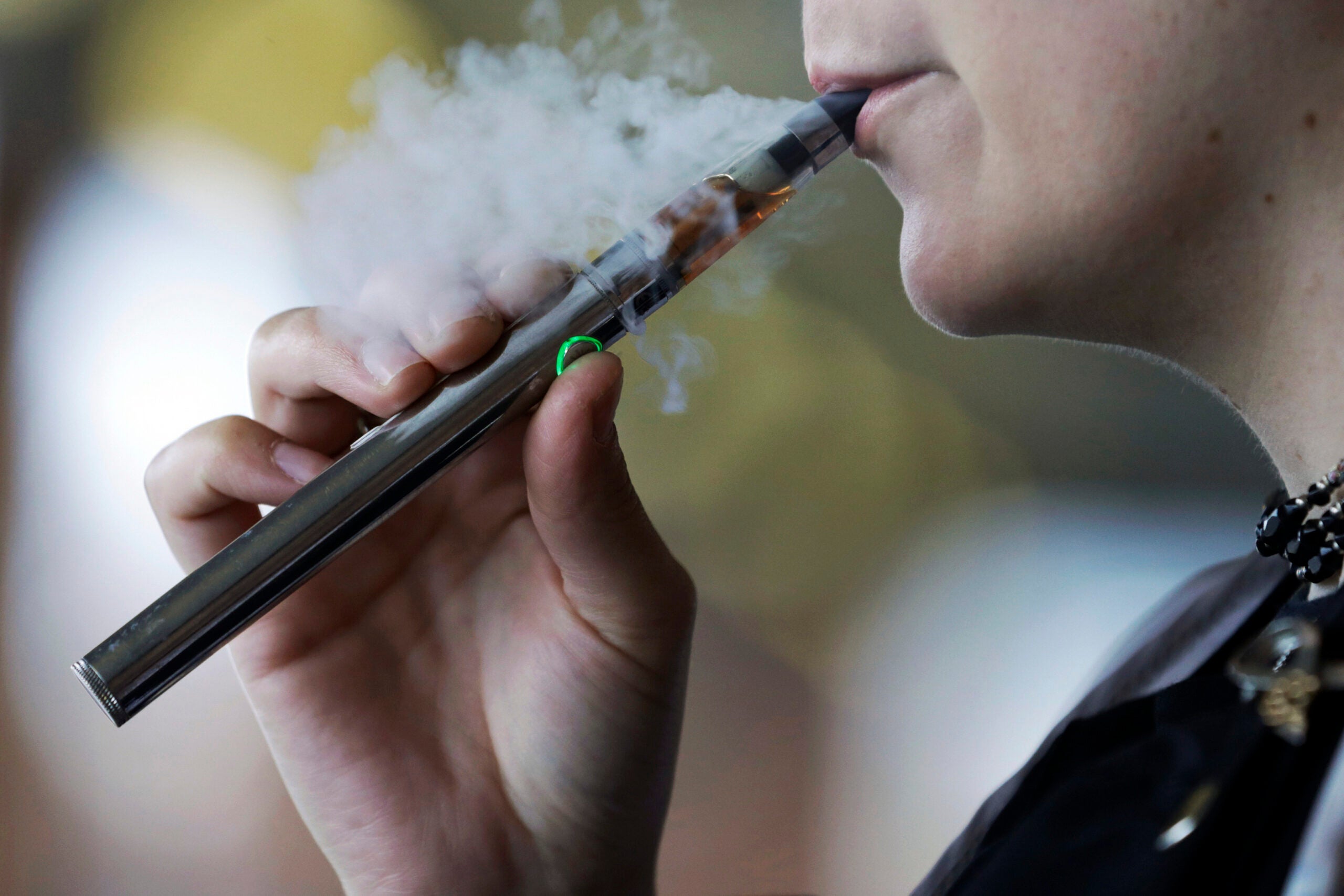Since the beginning of the coronavirus pandemic, public health officials have urged safety measures including social distancing, mask wearing and stay-at-home orders.
But despite the warnings, COVID-19 case counts continue to rise — in part — because of behaviors disregarding public health recommendations.
Psychologist Marie Helweg-Larsen says one explanation for these behaviors could be a psychological tendency known as optimism bias — when people believe bad things won’t happen to them.
Stay informed on the latest news
Sign up for WPR’s email newsletter.
“Optimism bias is well established in over 30 years of research,” she said. “Smokers think that they are less at risk than other smokers for getting lung cancer, people who are married think that they are less at risk than other married people at getting a divorce and so on.”
It came as no surprise to Larsen that the phenomenon was also showing up during the pandemic.
Larsen is careful to note that optimism bias doesn’t mean people are necessarily in denial about a situation or unaware of risks. Rather, in general, optimism is a useful mental tool for people.
“Sometimes people will say, ‘Well, people are just stupid,’” she said. “And that’s really not what our research shows. Our research shows that people wear rose-colored glasses. They view their world in optimistic ways that objectively can seem difficult to understand.”
Ironically, Larsen said paying close attention to risk can actually make individuals more likely to engage in optimism bias.
“The more that we think that we can estimate risk and rationalize and gather information, in many ways, we are also more vulnerable to being led astray,” she said.
“Trying to estimate … risk of various behaviors is extraordinarily difficult,” she continued. “Sometimes it’s actually better to just dial down the risk estimation and instead follow the rules without trying to worry about whether a mask or not makes perfect sense.”
With that considered, how do you avoid falling into the trap of optimism bias during the pandemic? Larsen said one option is to stop thinking so much about your own personal risk, and instead, follow the rules and guidelines from experts.
For example, you likely brush your teeth twice a day. But do you know the exact science behind why you do that? Probably not.
“People don’t go, ‘Well, I could brush my teeth five times a day,’” Larsen said. “People in many areas of their life just either follow the rules or what they’ve been taught, without having underlying data-based evidence to support their behavior. You could do that too for COVID-19.”
It’s not uncommon to fall prey to overconfidence about risk estimation, she said. In that situation, you may be engaging in what Larsen calls motivated cognition — looking for reasons to support your views or behaviors instead of looking at objective facts.
Larsen said to accept that you are biased, and seek out valid and reliable information.
“And of course, you can reframe the task from being about you to being about your community or other people,” she said. “So get the vaccine. Maybe not for yourself, but for your community.”
Wisconsin Public Radio, © Copyright 2025, Board of Regents of the University of Wisconsin System and Wisconsin Educational Communications Board.






